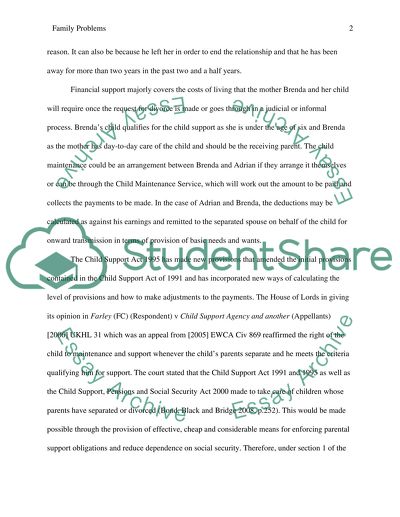Cite this document
(“Family Problems Essay Example | Topics and Well Written Essays - 3250 words”, n.d.)
Retrieved from https://studentshare.org/law/1626026-family-problems
Retrieved from https://studentshare.org/law/1626026-family-problems
(Family Problems Essay Example | Topics and Well Written Essays - 3250 Words)
https://studentshare.org/law/1626026-family-problems.
https://studentshare.org/law/1626026-family-problems.
“Family Problems Essay Example | Topics and Well Written Essays - 3250 Words”, n.d. https://studentshare.org/law/1626026-family-problems.


